Cox’s Bazar, MINA – Between 300 to 400 Rohingya refugee families in the Nayapara and Kutupalong camps in Bangladesh have been cut off from food aid and essential services after refusing to participate in a biometric registration program led by UNHCR and the Bangladeshi government.
According to The Diplomat on Thursday, the families, many of whom fled violence in Myanmar as early as the 1990s, are now left without rations, cooking fuel, or access to medical clinics. Community members say the decision has further worsened their already precarious living conditions.
The suspension of aid follows the implementation of a data renewal process and new ID card issuance requiring all individuals aged five and above to submit fingerprints and iris scans.
A letter dated March 17 and signed by Yoko Akasaka, UNHCR’s Head of Operations in Cox’s Bazar, confirmed that those not biometrically registered will not receive humanitarian assistance. The new ID cards also omit ethnic identifiers such as “Rohingya” or “Arakan State,” prompting discontent among the refugees.
Also Read: 45 Activists from Gaza Aid Flotilla Arrive in Jordan After Detention by Israel
“No humanitarian assistance will be provided to those who are not registered,” the letter stated.
UNHCR defends the biometric system as aligning with global identity management standards and as a tool to prevent fraud and ensure fair distribution of aid. However, refugee law experts and digital rights activists have criticized the policy, saying it contradicts humanitarian principles and even UNHCR’s own internal guidelines.
“Aid should be based on need, not compliance with a data system,” one refugee law expert said.
Privacy International, a digital rights organization, also expressed concern, stating that declining biometric registration should not result in exclusion from life-saving services.
Also Read: Mass Layoffs Hit Federal Agencies Amid Trump’s Government Shutdown
“If someone chooses not to register, that must not be grounds for denying them essential aid,” the organization said in a statement.
Rohingya community representatives dispute UNHCR’s claim that education and health services remain accessible. “People are turned away from clinics when showing old documents,” said Mohammed Iqbal from Kutupalong. “Our children are starving and can’t afford books, how can they study?” added Abu Taleb from Nayapara.
UNHCR’s 2015 Data Protection Policy states that consent must be “freely given, specific, and informed.” Yet critics argue that, in the context of forced displacement and total dependence on aid, the concept of “free consent” becomes largely meaningless.
The situation raises serious questions about the balance between aid agencies’ operational needs and the fundamental rights of vulnerable refugee populations.[]
Also Read: Deadly Clashes Erupt Between Pakistani and Afghan Forces, Dozens Killed
Mi’raj News Agency (MINA)





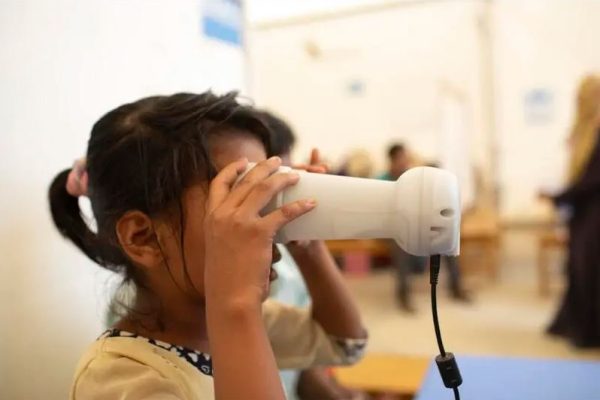

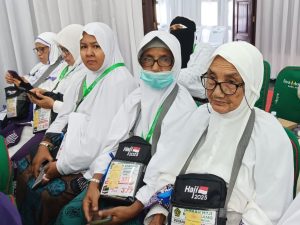





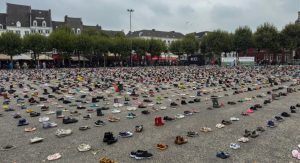

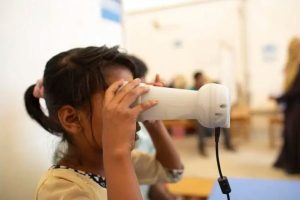



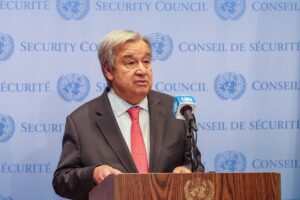
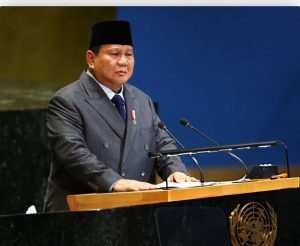











 Mina Indonesia
Mina Indonesia Mina Arabic
Mina Arabic